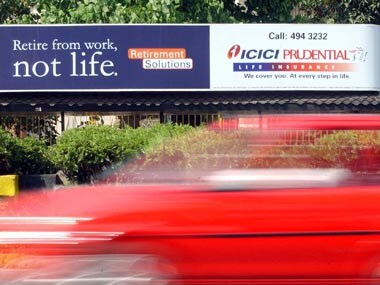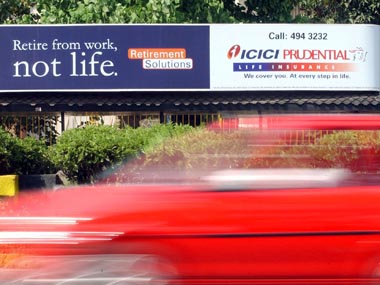By Rajesh Pandathil and Bindisha Sarang
At long last, the government seems to be getting ready to bite the bullet on FDI reforms in the insurance sector, which has been held up for many years now. At a meeting chaired by Prime Minister Manmohan Singh on Tuesday, the government has proposed to increase the FDI limit in the insurance sector to 49 percent from the current 26 percent, pending Parliament approval.
The reform if it gets passed in Parliament, will be big boost the industry. As per the Insurance Regulatory and Development Authority’s website, there are 24 general insurance companies and 23 life insurance companies operating in India. According to industry observers, a lot of international companies have been waiting to enter India and a further opening up of the sector will give them an entry point.
[caption id=“attachment_963087” align=“alignright” width=“380”]  Reuters[/caption]
This will also be a boost to the existing insurers, who are desperately looking for funds to expand. “Fresh capital will allow them to stretch their arms further. They will have more money to enter Tier II and III cities. As of now the focus of Indian insurers is returns and hence they don’t take the risk of innovation. More funds will increase their risk appetite,” said, Anuj Bhagia, CMO, Policybazaar.com
This will pave way for global products to enter Indian markets, which will benefit customers immensely. Meanwhile, public sector giant Life Insurance Corporation of India, which by default was the monopoly in the sector until the sector opened up for 26 percent FDI in 2000, will be getting the jitters now. “The state-run insurance company will be worried, since more funds will allow other insurance companies to have a better reach, also play around with pricing, as well as better product offering,” one of the industry source on condition of anonymity.
LIC, which enjoys about 70 percent market share now, has been steadily loosing out to private insurers. According to a report in the Hindu Business Line, LIC’s new premium collection in 2012-13 fell 6.5 percent one year to Rs 76,245 crore. Aggregate new premium collection of the sector meanwhile declined 6.3 percent to Rs 1,07,010 crore.
Impact Shorts
More Shorts‘Apart from new innovative products, customers will also benefit from better technology and service, as the focus of global companies will not be just on marketing spends," says, Deepak Yohannan, CEO, MyInsuranceClub.com
According to industry sources, it is even likely that a few companies which had left the country may even be interested in returning, once the limit is increased.
But when are all these going to happen?
No, definitely not that soon. First and foremost, the UPA has to get the proposal approved in Parliament. There has already been high decibel opposition to the move, which was the reason for the legislation getting held up for many years.
Even if the UPA is lucky enough to push through the changes in both the Houses, nothing will happen over night. However, things will improve in the medium term.
For customers to get new products, it will take more time because companies need to get the regulator’s approval before launching them.
As of now, it is just wait and watch.


)

)
)
)
)
)
)
)
)



